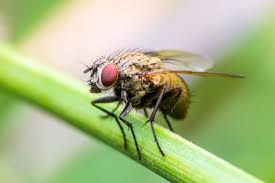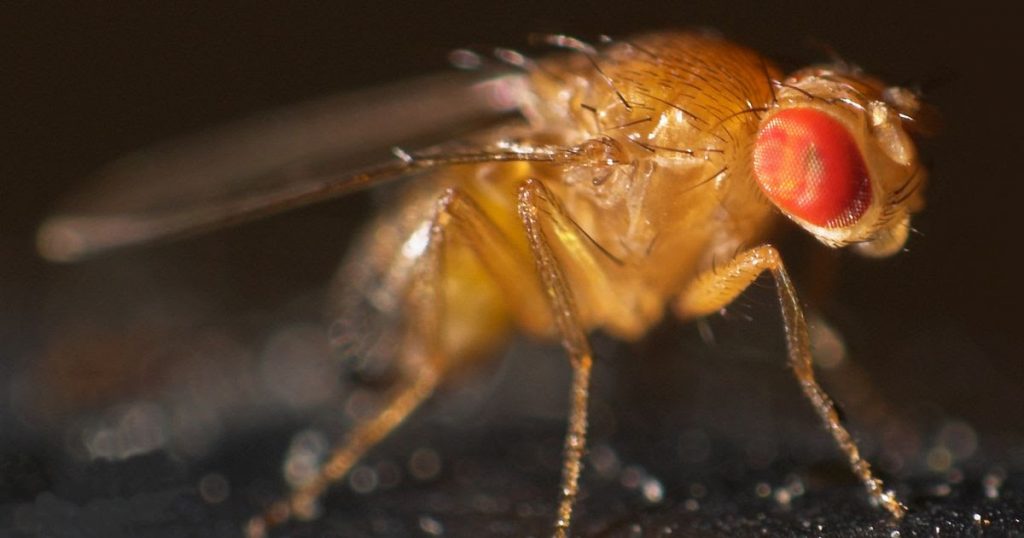
BLOOMINGTON – A project involving Indiana University researchers was awarded $23.3 million from the European Commission to shape chemical safety regulation without the use of animal testing.
IU is part of a consortium of European and U.S. organizations called PrecisionTox, led by the University of Birmingham in the U.K., that received the award. PrecisionTox, short for precision toxicology, aims to protect human health from the toxic effects of chemicals found in people’s homes, food and the environment.
“We live in a world that relies on chemicals. We cannot just get rid of them, but with sufficient understanding of their effects, we can learn to make better decisions about how we interact with them,” said Joseph Shaw, associate professor and associate dean for research in the top-ranked O’Neill School of Public and Environmental Affairs.
Shaw will coordinate with researchers from across IU, including Stephen Jacobson and Jonathan Karty from the Department of Chemistry in the College of Arts and Sciences; Jason Tennessen and Thom Kaufman from the Department of Biology in the College of Arts and Sciences; and Maria Bondesson from the Department of Intelligent Systems Engineering in the Luddy School of Informatics, Computing and Engineering.
The research will be carried out without mammalian animal testing, focusing instead on nonsentient organisms such as fruit flies, roundworms, water fleas, and zebrafish and frog embryos. IU researchers will build on investments from the Office of the Vice President for Research that helped lay groundwork for the project. IU’s status as a global leader in fruit fly research with its world-class Bloomington Drosophila Stock Center, and the university’s growing capacity for high-throughput chemical testing with roundworms, will be leveraged to lead the study of these two organisms for PrecisionTox.

“IU has been at the center of a large consortium effort, called the Mod Encode project, that uses fruit flies and roundworms to catalog the functions of all components of the genetic code,” Tennessen said. “The work we are contributing to PrecisionTox builds upon these assets and expands the scope of research by identifying how these organisms are influenced by chemicals.”
The small size and fast development of the nonsentient organisms allow chemical testing to be done rapidly. And because their genomes are decoded along with human genomes, the measurements are expected to reveal genetic and metabolic pathways shared with humans. Once the pathways are understood, the effects of chemicals in nonsentient organisms will be measured and used to predict the likely effects in humans.
The consortium will use genetics, genomics, metabolomics and the study of evolution to investigate the toxicity of hundreds of chemicals and explore how they disrupt the biological processes that are fundamental to health. These approaches will open up a new field of precision toxicology that will transform approaches to chemical safety management in the same way that precision medicine is informing health care.
The methods developed by the consortium will enable harmful chemicals to be classified as carcinogens, hormonal disrupters, neurotoxins and other disease-causing agents through reliable molecular toxicity measurements. This paradigm shift in approach will offer a faster and cheaper alternative to testing in rodents that will help industries design safer chemicals and provide biomarkers of toxicity to detect and control harmful chemicals in the environment.
A goal of these studies is to work with governing bodies to improve toxic chemical regulations, not only in Europe but around the globe.
“We are excited to work with U.S. agencies and stakeholders to help make the project relevant to their needs,” Shaw said. “We also hope to use tools developed from this project to directly empower and improve the health of those who suffer the burden of chemical pollution through the IU-led Solve Pollution Network.”
Enabled by this project, the IU team will involve two high-profile scientists: Brian Oliver and Jonathan Freedman. Oliver is chief of the Developmental Genomics Section of the Laboratory of Cellular and Developmental Biology at the National Institutes of Health and will be collaborating with IU’s Bloomington Drosophila Stock Center. Freedman, who will join the team as a consultant from the University of Louisville School of Medicine, was formerly an investigator at the NIH’s National Institute of Environmental Health Sciences where he helped develop the WormTox program.
About IU Research
IU’s world-class researchers have driven innovation and creative initiatives that matter for 200 years. From curing testicular cancer to collaborating with NASA to search for life on Mars, IU has earned its reputation as a world-class research institution. Supported by $854 million last year from our partners, IU researchers are building collaborations and uncovering new solutions that improve lives in Indiana and around the globe.
Information News at IU Bloomington





